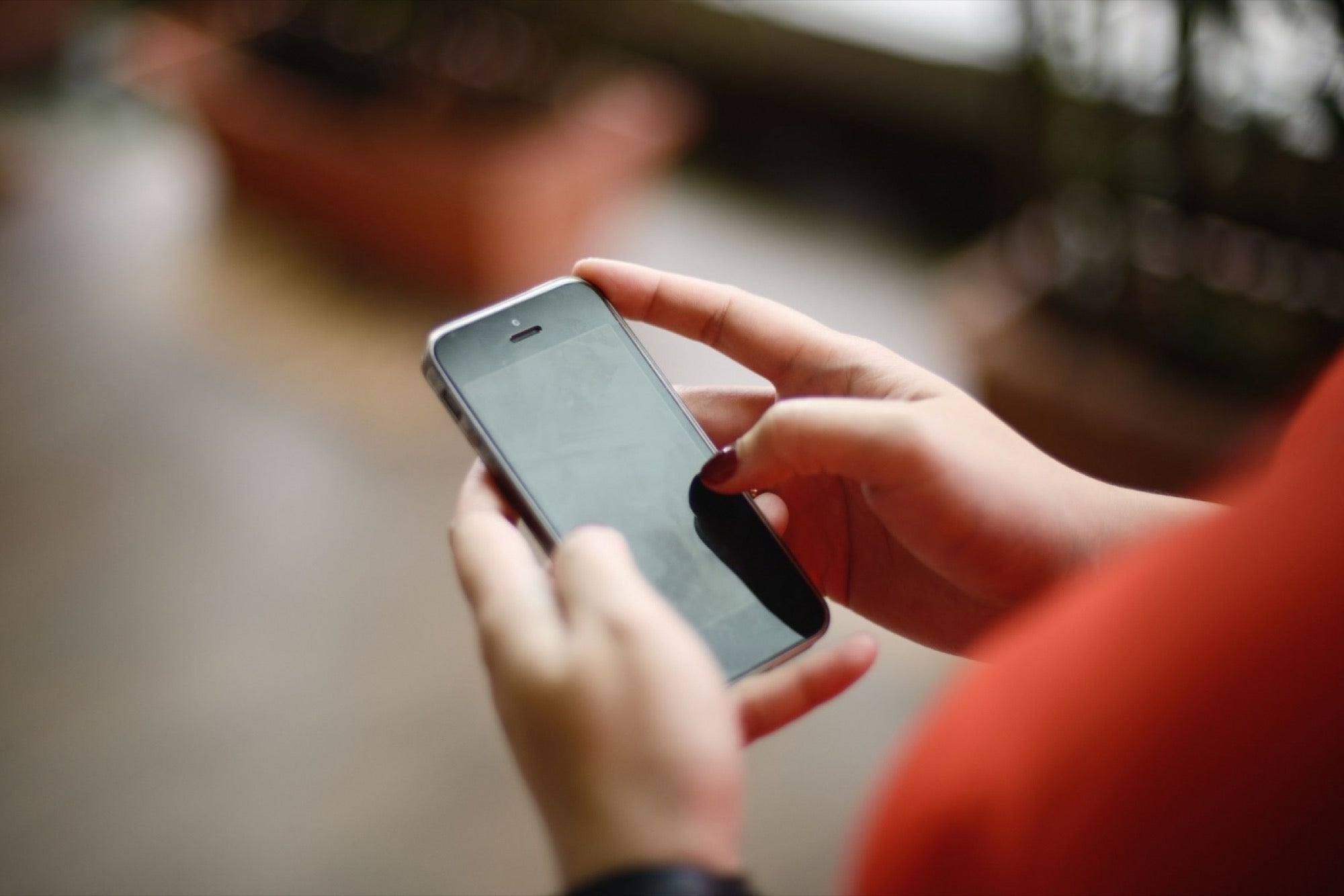When Hurricanes Harvey and Irma Struck, This App Hit the Top of the Charts. Here's What Its CEO Has Learned. Zello's Bill Moore shares insights about how to support a spike in interest, especially in high stakes situations.
By Nina Zipkin

In the wake of a historic and deadly hurricane season, an app called Zello Walkie Talkie has become the communication tool of choice for both people working to help in cleanup and first responder efforts, such as the Cajun Navy in Houston, and those affected and displaced by these storms. And during the height of Hurricanes Harvey and Irma, it shot to the top of the Android and iTunes app stores.
This is the first time in 166 years that two Atlantic category 4 hurricanes have made landfall in the United States in the same year. While Texas and Louisiana recover from the damage wrought by Harvey, Florida and the southeastern United States deal with the aftermath of Irma's landfall, next week, Hurricane Jose could impact the east coast of the country.
Zello CEO Bill Moore attributes part of the app's traction -- which currently has 100 million registered users all over the world -- with the immediacy and trustworthiness of voice communication, especially in emergency situations.
Related: 8 Ways to Stay Calm During a Crisis
"[Voice] demands a level of intimacy that text doesn't. It's hard to fake. Your voice has so much more information," Moore told Entrepreneur. "[There are things] that wouldn't come across in text -- age, gender, mood. Have you been drinking? What part of the country are they from? Particularly in a crisis situation you can hear, is there panic in their voice or are they calm? It's how we communicate, how our brains are wired."
Adding a million users every day in the week that Hurricane Harvey was active and still at the top of the charts, Moore says that the company has learned a great deal about what is required to support rapid growth, especially in urgent situations. "[It might seem obvious] but [focus] on the needs of your users and being really clear about what's in the way, right now. What is the friction right now and fixing that."
Related: Is Your Business Prepared to Handle an Unexpected Emergency?
And if you want to know what's required to improve, go straight to the source, and use that data to improve. "We've had a handful of discussions following Harvey with, for example, groups of dispatchers who stepped up and were active in managing it to learn what worked and what didn't," Moore says, "and [we] are summarizing those and making those available for similar groups [for] Irma."
And in preparing for and dealing with natural disasters, Moore recommends getting into a triage mindset -- but not necessarily being beholden to the way things have been done in the past. "One of the things the Cajun Navy did well was they had a loose grip on how things work, because it's moving fast," Moore says. "It grew organically, it adapted very quickly because there weren't a lot of rules. They created the structure they needed for that problem, based on what was working and what wasn't."
Moore also noted the importance of using all of the resources at your disposal. For example, the company has donated ZelloWork, its commercial product, to several volunteer organizations because of its ability to find users with a map feature.
Lastly, understand that as a business, when disaster strikes, if you lead with your strengths, you will be able to help contribute in some way. "There are guys up there with boots in the mud doing real work," he says, "but being the communication technology that's made this possible is pretty satisfying for the team."










